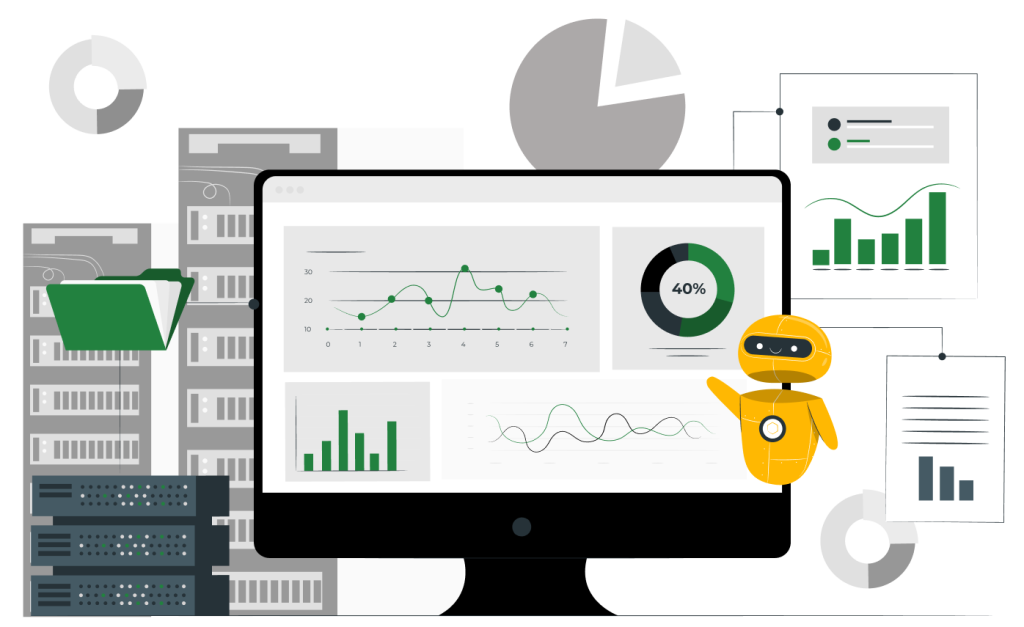If you manage customer data, you’ve likely heard about hashing—specifically, SHA hashes. But what exactly are they, and why do they matter?
At its core, an SHA hash (Secure Hash Algorithm) is a one-way encryption method that converts data (like a customer’s name or email) into a fixed-size string of characters. Even a minor change to the original data will result in a completely different hash, making it an incredibly reliable tool for data integrity and security.
How SHA Hashing Works
Think of SHA hashing as creating a digital fingerprint. The most common versions, like SHA-1, SHA-256, and SHA-512, use algorithms to transform your data into an encrypted format that can’t be easily reversed. The “one-way” nature of this process is key—it’s designed so that while data can be hashed quickly, it’s nearly impossible to reconstruct the original data from the hash.
For example, let’s say you have a customer’s email address: jane.doe@example.com. Applying an SHA-256 hash to this email might produce something like: 1c7a7715d4327b647b2b867d1f8bc4858f…
No one can look at this string and identify Jane’s email, adding a layer of security for sensitive information.
Why It Matters for Customer Data Security
SHA hashing plays a crucial role in keeping customer data secure for several reasons:
- Protects Sensitive Information: When handling customer data—whether it’s names, addresses, or email IDs—security is paramount. By hashing this data, you ensure that if your database is ever compromised, the attackers won’t gain direct access to the raw information.
- Enables Data Integrity: Because hashing produces consistent results for the same input, it can be used to verify that data hasn’t been altered. If two identical pieces of data produce the same hash, you can be confident they are the same. This helps confirm that data transmitted from one system to another hasn’t been tampered with.
- Supports Compliance with Data Protection Laws: Regulations like GDPR and PIPEDA require businesses to protect customer data. Hashing is often a recommended best practice to ensure data is protected, fulfilling compliance requirements for encryption and anonymization.
- Allows for Secure Data Matching: In many cases, hashed data can be used for matching records without exposing the raw data itself. This means you can verify customer identities, deduplicate records, or conduct analytics in a more secure manner, protecting both your customers and your business.
When to Use SHA Hashing
You don’t need to hash all customer data—only the parts that are sensitive or used for verification. Common use cases include:
- Storing passwords
- Verifying email lists without sharing actual email addresses
- Securing sensitive fields in customer databases
- Protecting API keys and tokens
Cleanlist’s Approach to Data Security
At Cleanlist, we prioritize security at every step. We use hashing as part of our data processing and protection protocols, ensuring your customer data remains safe and compliant with industry standards. If you want to learn more about how we manage data securely, just reach out!
Ready to Elevate Your Data?
Unlock the full potential of your customer data by enriching it with our expert solutions. To learn more or to get started, contact us today for a consultation.






